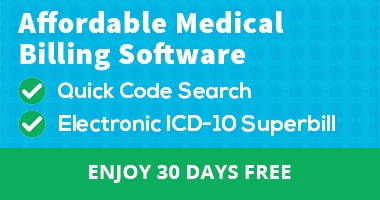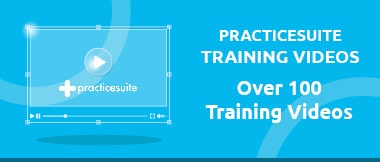Dual Coding Tips for Medical Billing Companies
October 1, 2014 is when doctor’s offices have to begin using the new diagnosis codes, known as ICD-10 for filing claims with Medicare, Medicaid, all private insurance, and workers compensation. While the purpose of the change is to allow medical providers to bill with more detail such as left versus right side. The consensus is






